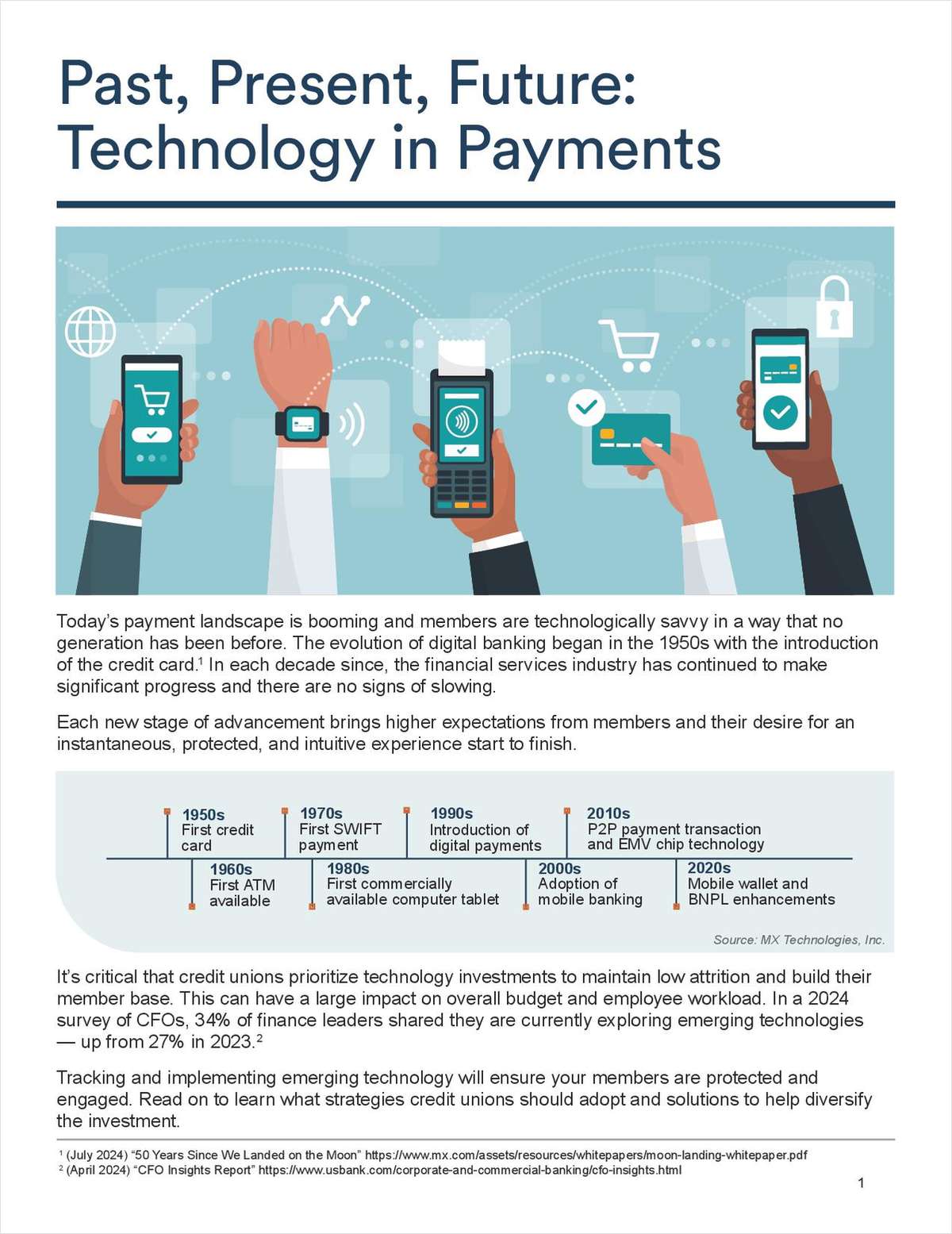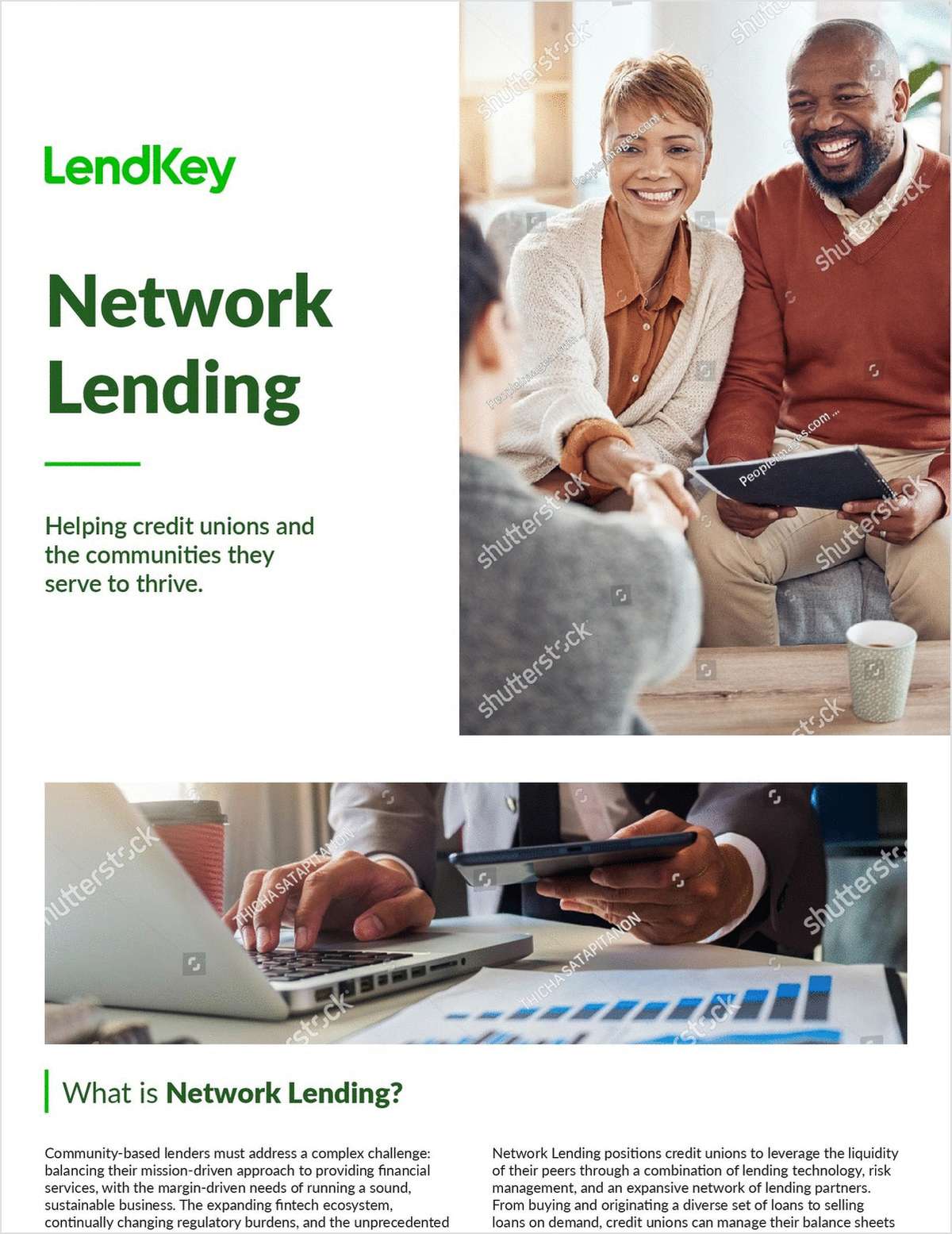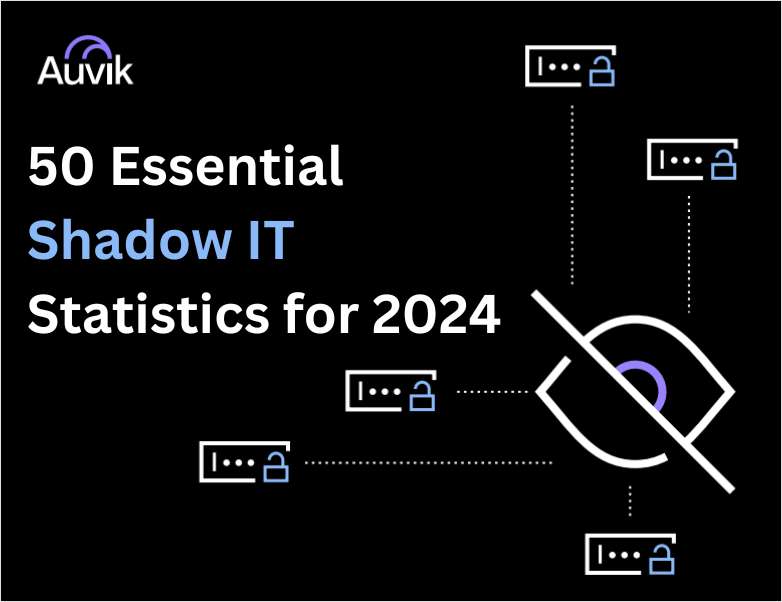CHARLOTTE, N.C. - Bank of America has taken a step to make it easier for Mexican immigrants in the U.S. to wire money to relatives in Mexico, but the bank's initiative has received a mixed response from community development credit unions in the U.S. and some say BofA `s good intentions are overshadowed by its program's limitations. Effective immediately, the bank has eliminated its $10 remittance fees and 3% foreign exchange fees on money transfers to Mexico from branches in Chicago through the Bank of America's SafeSend service it introduced in 2002. BofA said it intends to expand the free service nationwide by the end of 2005. Effective immediately though, BofA is eliminating its foreign exchange fee and reducing its transfer fee from $10 to $8 for transfers up to $1,500 from Houston and the rest of the U.S. BofA says it has relationships with 44% of Hispanic households in the U.S. Last year it says it opened more than one million checking accounts for Hispanic customers. While some CDCU reps were apprehensive of BofA's motive behind the initiative and questioned whether the bank was fully aware of all that's involved with facilitating a remittance network, Latino Community CU Vice President John Herrera, Durham, N.C. for one applauded their effort and wished them "all the success in the world. I'm happy to see a big player like them make this move." He added that, "As an immigrant pushing for services for our community, we need to applaud every effort to serve the Latin American immigrant population in the U.S. Anything we can do to promote relationships with financial institutions is great," noting that 90% of all LCCU members never had an account with a financial institution in their life before they joined the credit union. Herrera said he hopes BofA will expand the remittance service to immigrants from countries throughout Latin America and to make accessible to them all of BofA's products and services. " It's the right thing to do," he said. "Eighty-one percent of the population of Mexico is unbanked, so anything we can do to promote financial services relationships with them is great," he said. Pablo De Filippi, who until mid-2004 was president of Lower East Side People's FCU, New York, and now works at the World Council of Credit Unions in Madison, Wis. running their International Remittance Network (IRnet) is less enthusiastic about BofA's initiative, going so far as to call it "a public relations move. Think of all the publicity this announcement has brought them." He predicted "the program isn't going to go anywhere because Bank of America is requiring immigrants to open a checking account in order to get a SafeSend card. That's not going to work. You can't get people to use one service by requiring them to use another." De Filippi was willing to give BofA the nod for having good intentions - "if anything goes wrong at least they can say they tried it" - but he opined their SafeSend service "is very limited. Remittance services are about having access to funds in the U.S. as well as in the receiving country. The profile of Latin American immigrants in the U.S. is most of them never had relations with a financial institution before so they don't trust banks or credit unions. We have to gain their trust first, then offer them services," says De Filippi. The key to success of remittance services isn't the cost, De Filippi offers, it's trust and having access. "That's what drives remittance services, and it's why Western Union is so powerful. They're overpriced, but they're convenient," he says. According to De Filippi, the volume of money remitted to Mexico by IRnet in 2004 "was relatively small." However Caja Popular Mexicana, the largest credit union in Mexico, facilitated the receipt of US$25 million in remittances. That means, says De Filippi, that while most remittances weren't originated by U.S. credit unions, they were paid by a credit union in Mexico. Herrera agrees with some points De Filippi makes, but he still supports BofA's SafeSend service because "it takes an investment." He explains that even for Latino Community CU which he said is growing by around 2,000 members a month, "the amount of money credit unions remit to Latin America is relatively small compared to other remittance services. Credit unions are new to this market and it's great that they've committed to serve the unbanked market, but despite the shortcomings of Bank of America's program we should still applaud their effort and encourage them to expand it in to other countries in Latin America." According to Herrara, the Latin America remittance market is more than $35 billion annually. All that considered, that doesn't convince Jeff Beirer who developed and ran BofA's SafeSend service when he worked at the bank. He left in 2004 and now works at Telecomm USA Ltd., a Charlotte, N.C.-based remittance provider. Beirer described SafeSend as being a stored value product that's issued to Mexican immigrants in the U.S. who are BofA customers. They're allowed to put money on the card up to $1,500 that their relatives in Mexico who have been mailed the card, can then retrieve from ATMs in Mexico. Therein lies the rub, says Beirer. While not totally putting down the SafeSend service, he says there are several important gaps in the product. To start, Beirer says SafeSend only works in Mexico, and while the country accounts for the largest portion of money transferred to Latin America, it only accounted in 2004 for 35% of all remittances sent to Latin America - $38.7 billion. In addition, he points out that transferred money can be retrieved by family members in Mexico by using the SafeSend card at an ATM. But Beirer says ATMs in Mexico have low daily maximums and there are fees attached to withdrawals. "That means every time money is withdrawn there's a fee that's charged that someone has to pick up, either the sender of the money in the U.S. or their relative in Mexico," says Beirer. There's also the problem of getting the SafeSend card delivered to the appropriate party in Mexico where the majority of the population lives in rural area. De Filippi agrees this is a major obstacle to the SafeSend card. Homes in rural areas typically don't have address numbers, "still by some miracle all the mail seems to get to who it's addressed to." De Filippi encourages credit unions to continue to reach out to serve the unbanked and offer remittance services. "This is the money of the working poor who are working at the lowest paying jobs in the U.S. They pay taxes without getting any tax breaks, and on top of that they send money home to family in Mexico. We have to figure out a way to help these people have full access to financial services," De Filippi says, adding that "Bank of America is going to have to demonstrate it's willing to provide financial education and commitment to this community." -
Continue Reading for Free
Register and gain access to:
- Breaking credit union news and analysis, on-site and via our newsletters and custom alerts
- Weekly Shared Accounts podcast featuring exclusive interviews with industry leaders
- Educational webcasts, white papers, and ebooks from industry thought leaders
- Critical coverage of the commercial real estate and financial advisory markets on our other ALM sites, GlobeSt.com and ThinkAdvisor.com
Already have an account? Sign In Now
© 2024 ALM Global, LLC, All Rights Reserved. Request academic re-use from www.copyright.com. All other uses, submit a request to [email protected]. For more information visit Asset & Logo Licensing.









